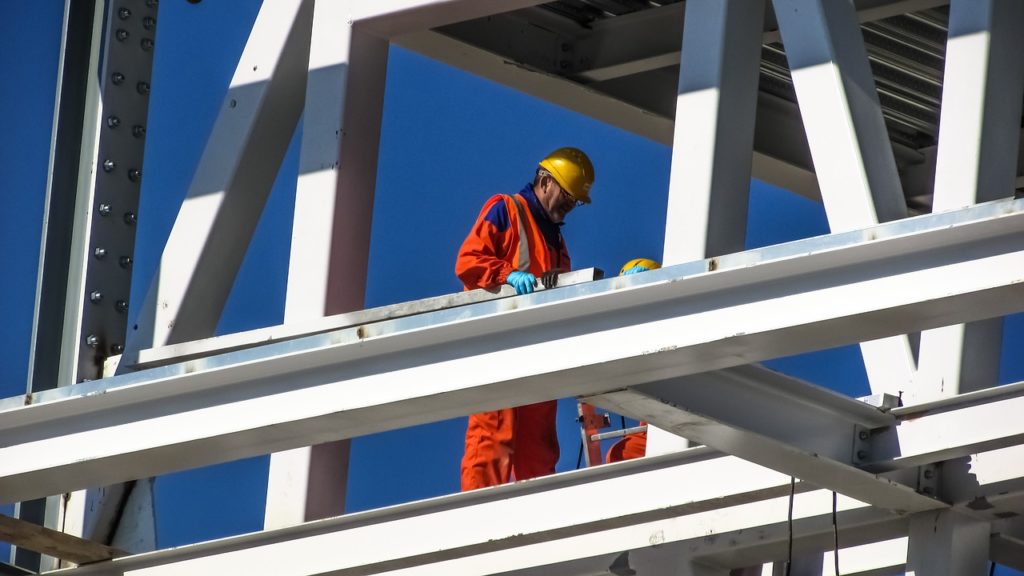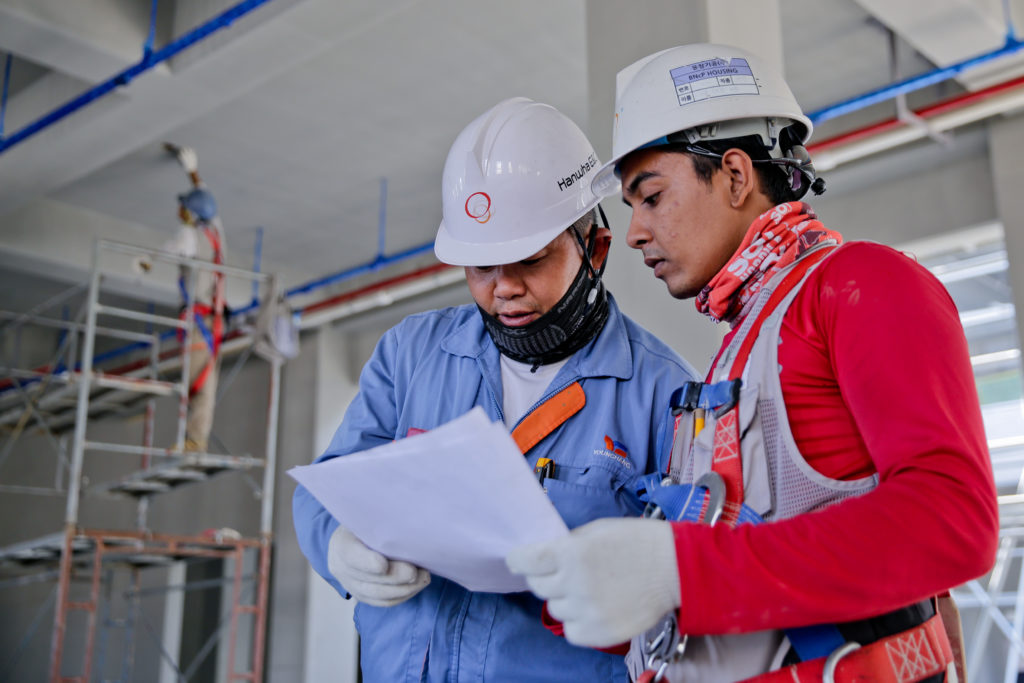Posts Tagged ‘risk assessment’
4 Reasons Why Incident Investigation and Reporting is Important
Estimated reading time: 5 minutes Effective Incident Investigation and Reporting “The main objective of an investigation is prevention. A good investigation aims to establish a series of events…
Read MoreWhat is the Project Risk Management Process?
Estimated reading time: 5 minutes Projects involve many risks such as cost risks, schedule risks and resources risks. Hence as a project manager, you need to be aware…
Read MoreThe 4 Most Common Risk Mitigation Strategies
Estimated reading time: 5 minutes Project risk management is defined as the process of identifying, analyzing and then responding to any risk that arises over the life cycle of…
Read More4 Tips to Improve Well Integrity Management
Estimated reading time: 4 minutes Since 2009 to 2015, it has been estimated that poor well integrity has cost operators around the world more than US$75 billion. Factors such…
Read More3 Tips for A Successful HAZOP Study
Estimated reading time: 5 minutes What is HAZOP? A Hazard and Operability (HAZOP) study is a structured and systematic risk management technique for existing process or operation. It is…
Read MoreManaging EPC Contracts
Estimated reading time: 6 minutes There are several key success factors to manage EPC contracts. These types of contract are often referred to as Engineering, Procurement and Construction (EPC) contracts…
Read MoreEssential Safety Principles for Lifting Operation
Working with cranes poses many hazards, and unsafe working practices can result in injuries, fatalities and costly damage to materials. For example, machinery can injury people through various ways:…
Read MoreSubsea Pipeline Pre-Commissioning Activities
Estimated reading time: 4 minutes Pre-commissioning is generally considered to include the preparation and integrity verification or structure upon completion of construction/installation and prior to commissioning. Pre-commissioning includes all…
Read MoreKey Principles in Integrating Human Factors in Risk Assessment
Estimated reading time: 4 minutes Human factors play a huge role in Major Hazard Installations (MHIs) and when dealing with health and safety, human factors help optimise human performance…
Read More








